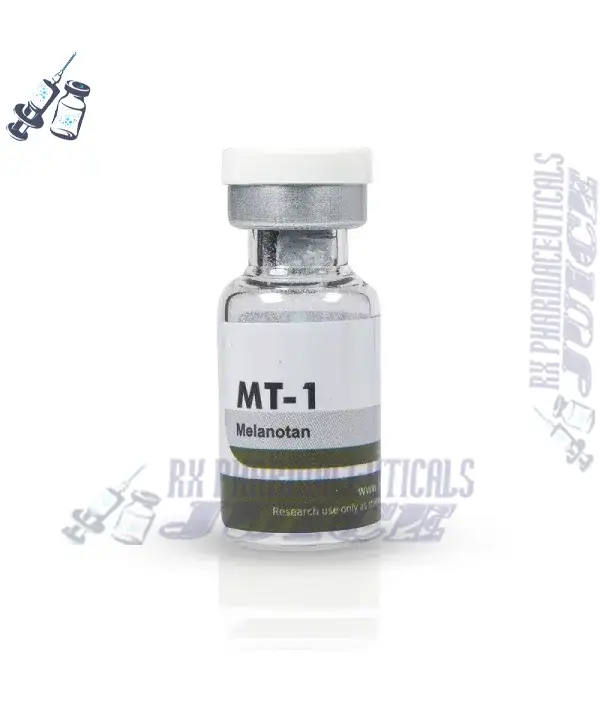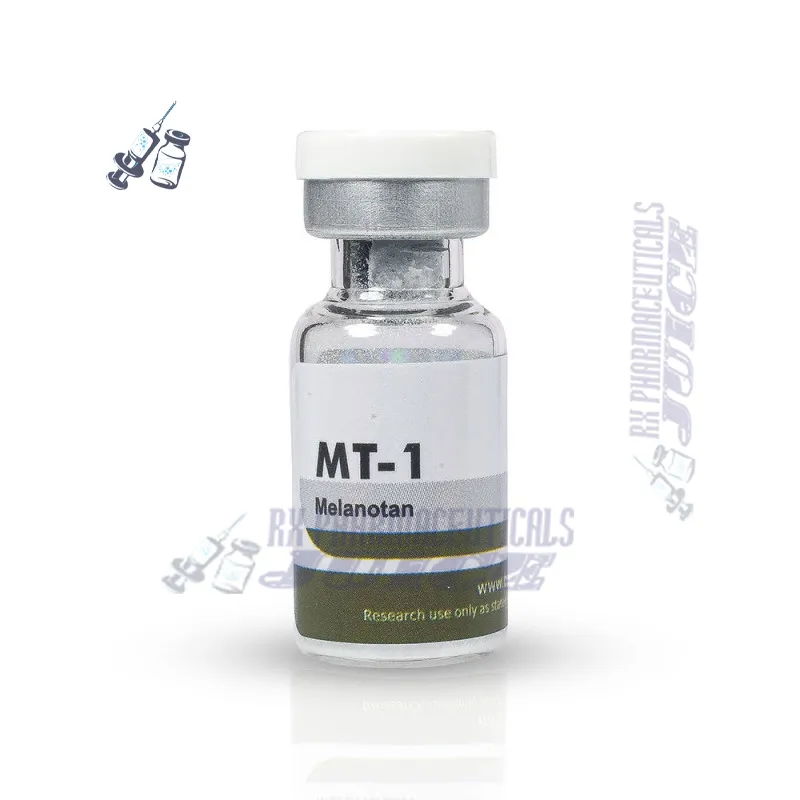Description for Clomid
Clomiphene, also known by its trade names Clomid and Serophene, is a medication widely used in the field of reproductive medicine. It falls into the class of drugs known as selective estrogen receptor modulators (SERMs) and is primarily prescribed to women who experience fertility issues due to anovulation, a condition where ovulation does not occur regularly or at all.
At its core, clomiphene works by stimulating the release of certain hormones in the brain that are responsible for initiating the process of ovulation. It achieves this by blocking the negative feedback mechanism of estrogen on the hypothalamus, a region of the brain that plays a crucial role in regulating the menstrual cycle. By interfering with this feedback loop, clomiphene increases the production of follicle-stimulating hormone (FSH) and luteinizing hormone (LH), both of which are essential for the development and release of mature eggs from the ovaries.
When prescribed clomiphene, women typically start taking the medication on the third, fourth, or fifth day of their menstrual cycle. The recommended dosage may vary depending on the individual's specific circumstances, and it is essential to follow the doctor's instructions carefully. Treatment usually lasts for five consecutive days, with ovulation typically occurring between the sixth and tenth day after the last pill is taken.
One of the advantages of clomiphene is its relative affordability and ease of administration compared to other fertility treatments. It is available in pill form, making it convenient for women to take at home without the need for invasive procedures. However, it is crucial to note that clomiphene is a prescription medication and should only be used under the guidance of a qualified healthcare professional.
Clomiphene is most effective for women who have irregular menstrual cycles or those who do not ovulate regularly. It is commonly prescribed for women diagnosed with polycystic ovary syndrome (PCOS), a condition characterized by hormonal imbalances that can lead to irregular or absent ovulation. By stimulating the release of eggs, clomiphene helps increase the chances of successful conception for women with ovulatory disorders.
During treatment, women taking clomiphene are often monitored closely through regular ultrasound scans and hormone level measurements. These monitoring procedures aim to assess the response to the medication and determine the optimal timing for sexual intercourse or other fertility interventions, such as intrauterine insemination (IUI).
While clomiphene is generally well-tolerated, it is not without potential side effects. Common side effects include hot flashes, breast tenderness, mood swings, and abdominal discomfort. In rare cases, clomiphene may cause ovarian hyperstimulation syndrome (OHSS), a condition characterized by enlarged ovaries and fluid accumulation in the abdomen. OHSS is typically mild, but severe cases can be potentially dangerous and require medical intervention.
For couples undergoing fertility treatments, the success rate of clomiphene varies depending on factors such as the woman's age, overall health, and the underlying cause of infertility. Studies have shown that approximately 70% of women treated with clomiphene will ovulate, and about 30-40% will achieve pregnancy within six cycles of treatment. If clomiphene alone does not result in pregnancy, other assisted reproductive technologies, such as in vitro fertilization (IVF), may be considered.
It is worth mentioning that clomiphene is not recommended for women who have blocked fallopian tubes, severe male factor infertility, or ovarian failure. In these cases, alternative treatments or interventions may be necessary to achieve pregnancy.
In conclusion, clomiphene is a medication widely used in reproductive medicine to treat anovulation and promote ovulation in women. By stimulating the release of hormones essential for egg development and release, clomiphene increases the chances of successful conception for women struggling with fertility issues. While it is generally well-tolerated, it is important to use clomiphene under the guidance of a healthcare professional and be aware of potential side effects. With proper monitoring and appropriate use, clomiphene can be a valuable tool in helping couples achieve their dream of starting or expanding their family.

















